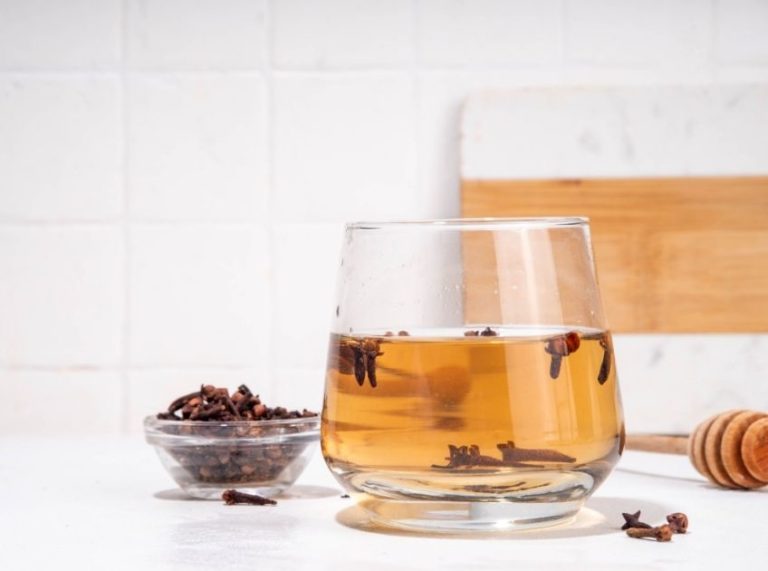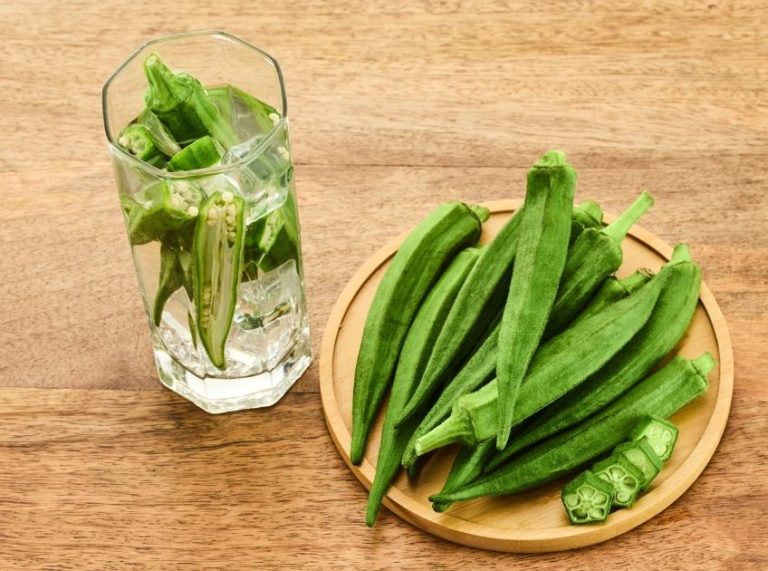
Important: This article is for informational purposes only. Please read our full disclaimer for more details.
Feeling puffy, bloated, or like the scale won’t budge overnight? You might not be gaining fat—you’re likely retaining water. Water weight can fluctuate dramatically due to diet, hormones, and lifestyle. While not dangerous, it can make you feel sluggish and heavier than you are.
If you’re wondering how to lose water weight fast and safely, this guide will walk you through the best science-backed strategies that work.
10 Expert-Approved Ways to Lose Water Weight Quickly
If you’re holding onto excess water weight, these methods—backed by science and recommended by health professionals—can help you shed it safely and quickly:
1. Cut Back on Sodium-Rich Foods
Sodium is the primary culprit behind water retention. When your sodium intake is high, your body holds onto water to dilute the excess salt in your bloodstream.
- What to Avoid: Processed meats, canned soups, fast food, chips, frozen dinners.
- What to Eat: Fresh fruits, vegetables, whole grains, and low-sodium alternatives.
Scientific Note: According to the Centers for Disease Control and Prevention (CDC), most Americans consume over 3,400 mg of sodium daily—well above the recommended 2,300 mg. Reducing this can significantly lower water retention (1).
2. Increase Water Intake to Flush Out Excess Fluids
Ironically, drinking more water helps reduce water retention. Hydration supports optimal kidney function, allowing your body to release stored water more efficiently.
- Tip: Aim for 2.5–3 liters daily and increase if you’re sweating or exercising.
- Best Choices: Filtered water, herbal teas, lemon water, and cucumber-infused water.
Study Support: Research published in the Journal of Clinical Endocrinology and Metabolism found that drinking 500 ml of water increased metabolic rate by 30% within 10 minutes—partly due to improved fluid processing (2).
3. Exercise to Activate Sweating and Lymphatic Flow
Physical activity promotes sweat loss, which helps reduce fluid buildup, especially in the extremities.
- Best Workouts: HIIT, resistance training, hot yoga, and cardio.
- Bonus: Exercise also reduces inflammation, a key factor in bloating and water retention.
Science Says: A 2019 study in Frontiers in Physiology confirms that even short bursts of movement improve circulation and reduce extracellular fluid accumulation (3).
4. Lower Refined Carb Consumption
Carbohydrates are stored in your muscles and liver as glycogen. For every gram of glycogen stored, your body also stores 3–4 grams of water.
- What to Reduce: White bread, pasta, sugary snacks, soda.
- What to Replace: Fiber-rich vegetables, lean protein, and moderate complex carbs like quinoa.
Data Point: Low-carb diets often lead to rapid initial weight loss primarily from reduced water retention, as shown in a study in Nutrition & Metabolism (4).
5. Eat More Potassium-Rich Foods
Potassium balances sodium in your body and acts as a natural diuretic.
- Rich Sources: Bananas, sweet potatoes, spinach, avocados, beans.
- Benefits: Helps your body release excess fluids and supports heart and muscle function.
Research Insight: A 2017 BMJ Open study noted that higher potassium intake reduces both blood pressure and water retention, especially in sodium-sensitive individuals (5).
6. Add Magnesium to Your Diet or Supplement Routine
Magnesium regulates fluid balance and reduces PMS-related bloating and swelling.
- Food Sources: Almonds, pumpkin seeds, dark leafy greens, whole grains.
- Supplement Tip: A daily dose of 200–400 mg can be effective for most adults.
Clinical Support: A study in Journal of Women’s Health found magnesium supplements decreased premenstrual water retention and bloating symptoms in women (6).
7. Use Natural Diuretics Like Dandelion Root or Green Tea
Certain herbal teas and extracts gently encourage your kidneys to release more sodium and water.
- Effective Options: Dandelion root tea, parsley tea, green tea, and hibiscus.
- Caution: Herbal diuretics should not be used daily without a healthcare provider’s advice.
Study Highlight: A 2009 clinical trial published in Journal of Alternative and Complementary Medicine showed dandelion extract increased urination frequency and volume within 5 hours of consumption (7).
8. Improve Your Sleep Quality and Duration
Poor sleep can throw off the hormones that regulate hydration and kidney function, including vasopressin.
- Goal: 7–9 hours of uninterrupted sleep per night.
- Habits That Help: Avoid screens before bed, reduce caffeine late in the day, and sleep in a cool, dark room.
Scientific Insight: According to Frontiers in Neurology, disrupted sleep leads to fluid imbalance and inflammation, which may worsen water retention (8).
9. Manage Stress and Cortisol Levels
Chronic stress increases cortisol, which has been linked to both fat and fluid retention, particularly in the abdominal area.
- Stress Reduction Techniques: Yoga, mindfulness, journaling, therapy, breathwork.
- Long-Term Benefit: Reduces inflammation and stabilizes fluid balance.
Scientific Backing: A study in Psychosomatic Medicine observed that participants with high perceived stress had elevated cortisol levels and retained more water than those with low stress (9).
10. Limit Alcohol—A Hidden Cause of Water Retention
Though alcohol initially acts as a diuretic, it eventually causes dehydration, prompting the body to retain water as compensation.
- Impact: May also trigger bloating by irritating the gut and liver.
- Smart Practice: Drink water between alcoholic beverages and avoid sugary mixers.
Physiological Note: Alcohol disrupts anti-diuretic hormone (ADH), which controls water retention. After initial water loss, your body tends to hold onto fluids—especially after drinking heavily (10).
The Science Behind Water Weight and Why It Matters
Water weight refers to fluid stored in tissues, joints, and cavities between cells. This type of weight gain can happen within a day and is reversible. It’s commonly caused by:
- High sodium intake
- Hormonal changes (especially during menstruation)
- Inactivity or long hours of sitting
- Inflammation or illness
Scientific insight: Glycogen—the stored form of glucose—holds significant amounts of water. According to a 2011 review in European Journal of Applied Physiology, glycogen depletion through exercise or diet results in significant water loss (11).
That’s why athletes often cut carbs before weigh-ins or competitions to reduce water weight rapidly.
Frequently Asked Questions (FAQ’S)
Q1: How long does it take to lose water weight?
A. Most people can lose 3–5 pounds of water weight within 2–3 days using the strategies listed. However, results vary based on lifestyle and starting point.
Q2: Is water weight loss permanent?
A. No. Water weight can return with high sodium meals, hormonal shifts, or inactivity. The key is maintaining hydration, balanced electrolytes, and an active lifestyle to keep it in check.
Q3: How can I tell if my weight gain is just water?
A. Sudden changes of 2–5 pounds in a day are often water weight. If your fingers, ankles, or belly feel bloated or puffy, it’s likely fluid retention—not fat gain.
Final Thoughts
Losing water weight doesn’t have to involve drastic diets or dehydration. With the right combination of movement, clean eating, hydration, and stress management, you can feel lighter, tighter, and more energized—often within just a few days.
These methods aren’t just for quick fixes; they build habits that reduce bloating, improve metabolism, and enhance long-term health.
















